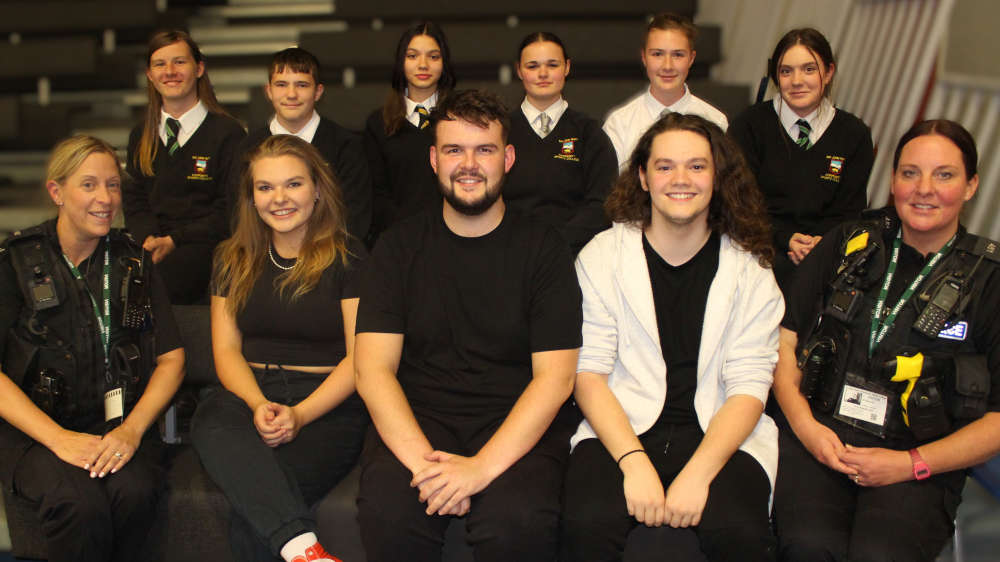
800 students learn about county lines
Profits seized from criminals are being used to educate Plymouth’s school pupils about child exploitation and drug trafficking.
Nearly 800 youngsters at Sir John Hunt Community Sports College in Whitleigh have watched performances by school theatre group Narrative Alchemy funded by £1,200 from the Proceeds of Crime Fund (POCA).
The show explains the concept of ‘county lines’ – organised crime networks which exploit children and young people to store, move, sell and deliver drugs, often making them travel across counties.
It also raises awareness of the signs of exploitation, how it impacts young people and what to do if students find themselves in such a situation.
Plymouth City Council’s cabinet member for community safety and chair of the Devon and Cornwall Police and Crime Panel Cllr Sally Haydon (Lab, St Budeaux) said: “Explaining county lines in basic language which children can understand is really important and this is a good way of using the money in a positive way.
“I hope it can extend to our other secondary schools because education can make a big difference.”
Sir John Hunt College assistant principal Oliver Marner said the performances were “fantastic” and there had been good feedback from staff and children. “It is all too easy for a young person to be unwittingly drawn into criminal activity and this theatre production has certainly alerted our students to some of the dangers they may face from organised crime groups,” he said.
Inspector Jon Manning, who heads the neighbourhood police team in the north of the city, said young people aged 11 to 18 could be targeted by criminals appearing to be a ‘friend’, asking them to sell drugs or commit crime in return for money or gifts.
He said education is one part of the approach to tackling drugs and exploitation, and police are continuing to carry out regular patrols, both visibly and in plain clothes, targeting people who look to commit crime in the city.
But he added that the police need the support of communities as they can’t do it alone.
“Please, if you see something that doesn’t look right or if you have any information that could support our investigations, come forward. You are our eyes and ears on the street and your information might just be the missing piece that we need to take action.”
County lines gangs use children because they are cheaper, more easily controlled and less likely to be picked up by the police. The Children’s Commissioner estimates at least 46,000 children in England are involved in gang activity.
The Devon Safeguarding Children Partnership says vulnerable children and young people are especially at risk, such as those who are homeless or living in care, have special educational needs or mental health problems.
Gangs also looks for children with emotional vulnerabilities, such as those experiencing problems at home, absent or busy parents, or bereavement. They seek to fill that emotional gap and become ‘their family’ to take advantage of them.
Devon and Cornwall police, together with neighbouring forces, have been involved in eight phases of Operation Scorpion, designed to make the south west peninsula a hostile environment for drug users. They claim £7 million of drugs have been taken off the streets and many county lines operations been disrupted. Dozens of vulnerable adults and children have also been safeguarded.
Police in Plymouth are continuing to support groups, projects and charities in the area with money from the Proceeds of Crime Act (POCA) fund.
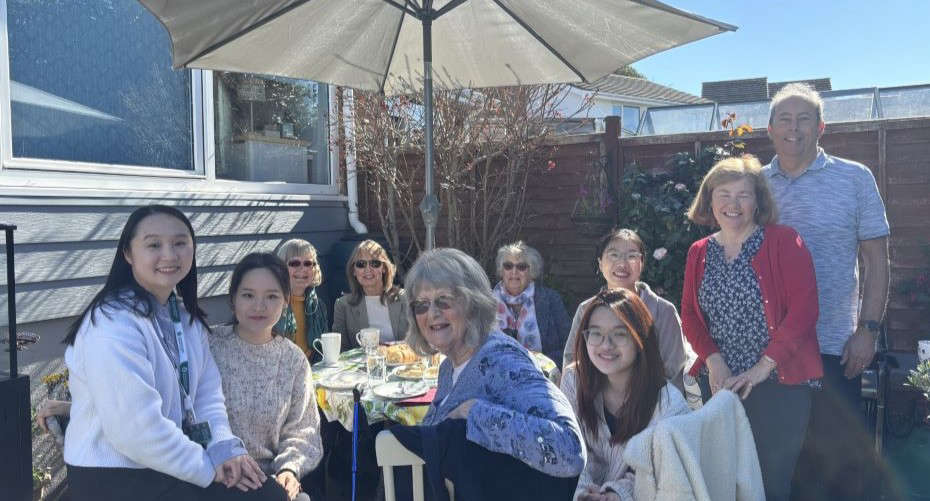 Students connect with elderly residents to combat loneliness
Students connect with elderly residents to combat loneliness
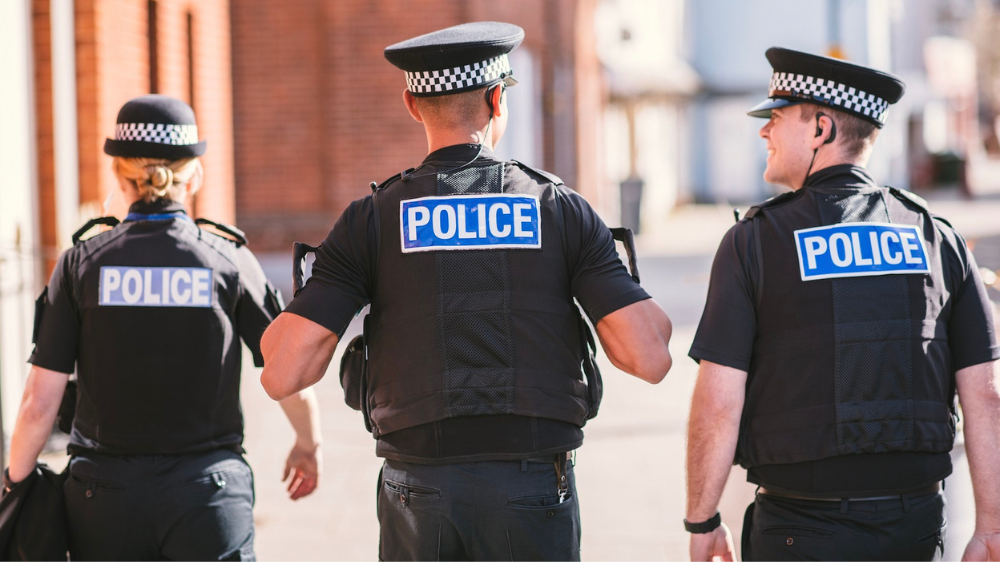 Crackdown on anti-social behaviour in Plymouth
Crackdown on anti-social behaviour in Plymouth
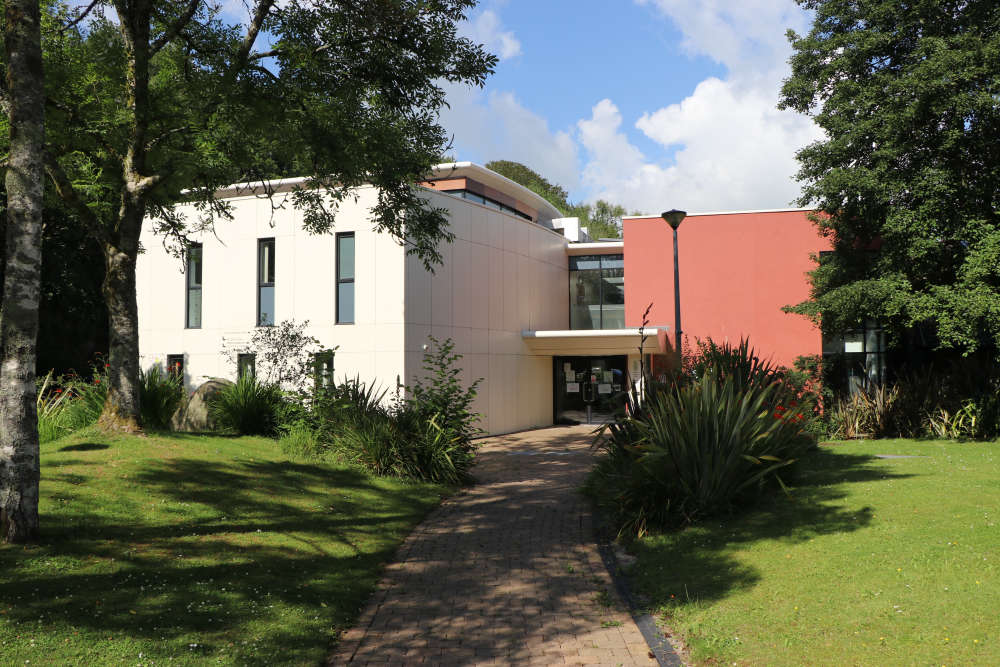 £1.6 million for more energy efficiency Devon home upgrades
£1.6 million for more energy efficiency Devon home upgrades
 SWW to build huge new Churston solar farm
SWW to build huge new Churston solar farm
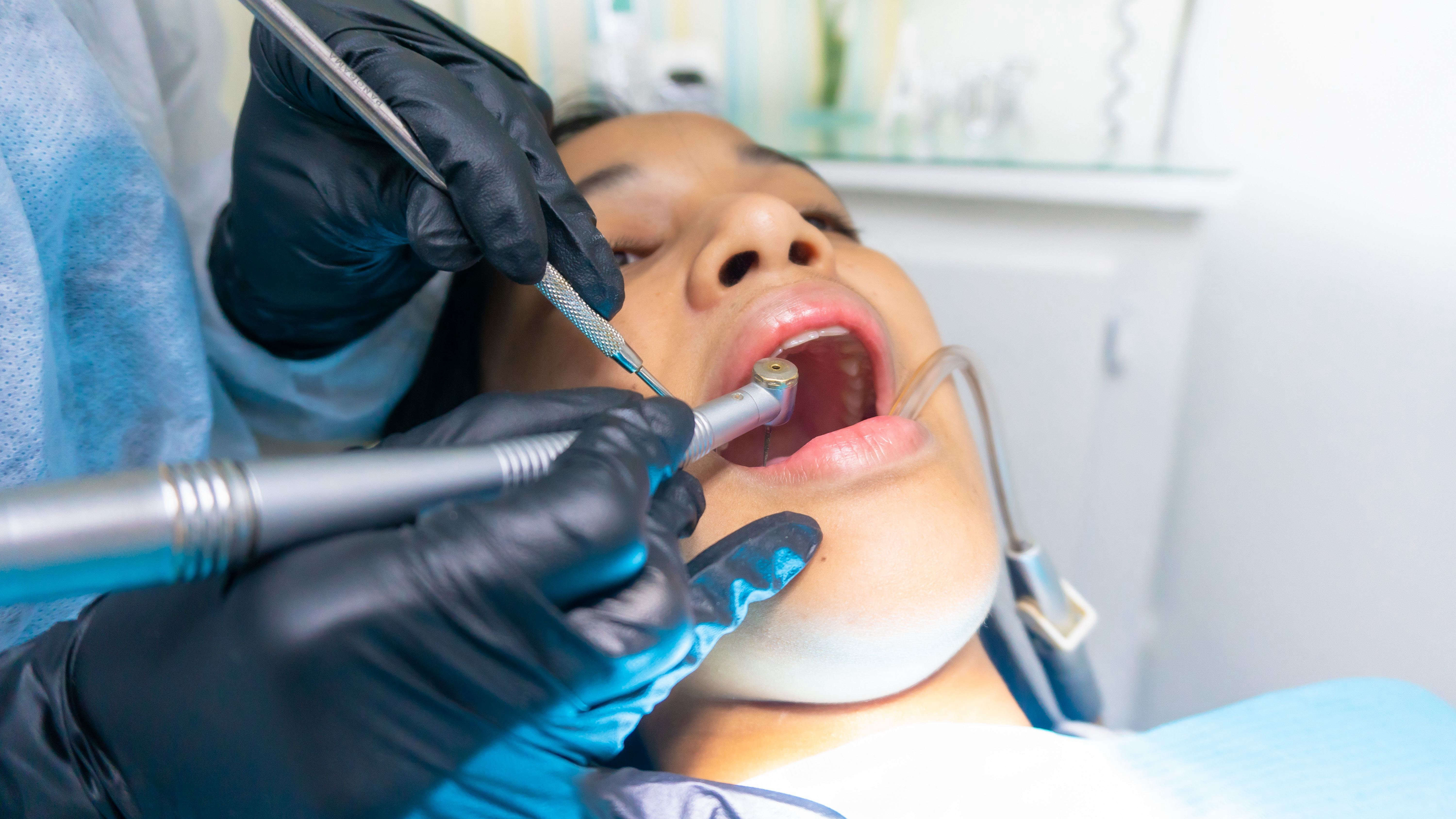 MP highlights Devon's dentistry 'crisis'
MP highlights Devon's dentistry 'crisis'
